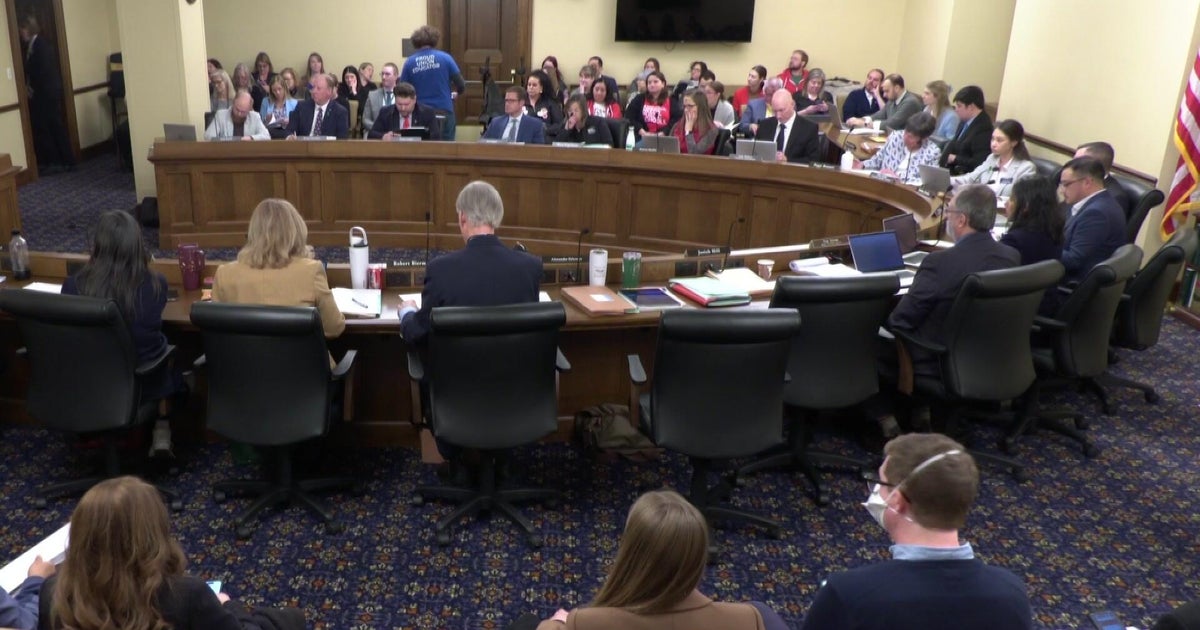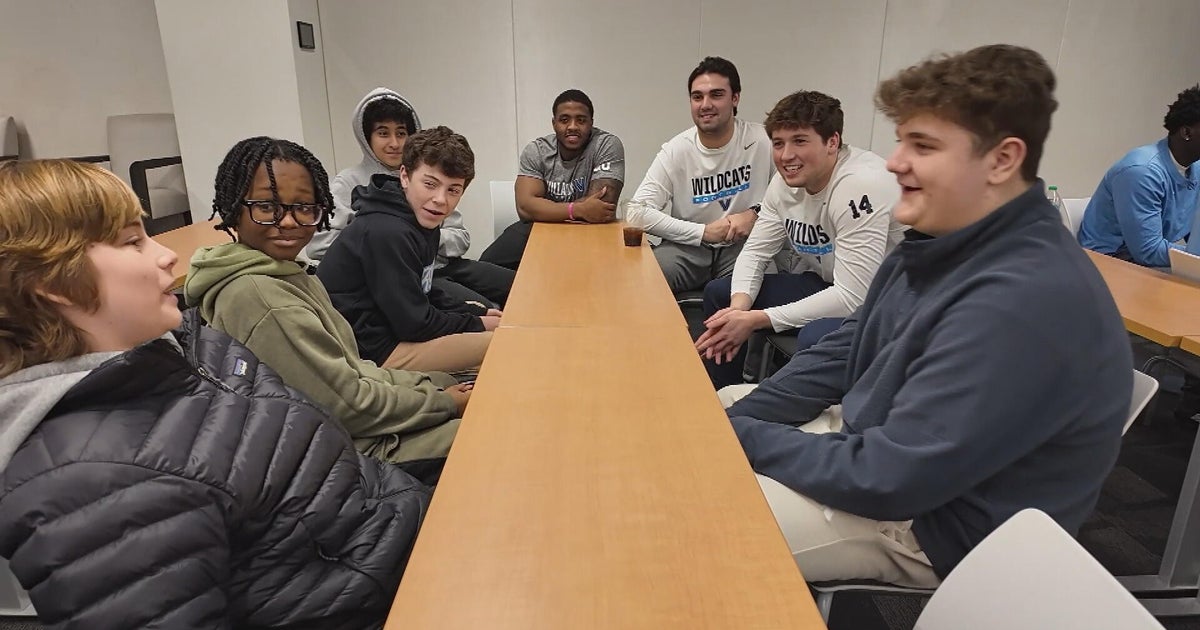Gambling Fails Stadium, But Some Charities Aided
ST. PAUL, Minn. (AP) — The electronic betting games introduced a year ago to help pay the state's share of construction of the new Minnesota Vikings stadium did not end up raising any money for the project, but some charities that operate the games have benefited from their introduction.
New figures from the state confirm what has been obvious to policymakers for months. While players spent $15 million in the last few years on the electronic pull-tab and bingo games, 85 percent of that was returned as prizes while the remaining $2 million was divided among charity expenses, donations and taxes. That's nowhere near the originally projected $35 million, of which a large portion was to go to the stadium.
The new stadium could see gambling money, but that's because of a spike in sales of traditional paper pull-tabs. They generated $1 billion in sales during the last fiscal year, which is a five year-high.
Lawmakers passed alternative stadium funding earlier this year in the form of new corporate taxes, as they watched sales of the electronic struggle. Gov. Mark Dayton has apologized for pushing electronic gambling as a stadium funding source, calling it an "honest mistake."
While the stadium project never benefited, scattered charities have found ways to make the electronic games successful and generate dollars for their programs.
Mike Petroske, president of the St. Cloud Youth Hockey Association, told Minnesota Public Radio News that two bars where the association operates electronic pulltab games saw upticks in gambling proceeds. The money allowed them to increase the number of skaters in the program by 5 percent this year.
Marion Coffman, gambling manager at American Legion Post 491 in Bayport, said electronic pulltabs turned around charitable contributions this year. "It makes it more attractive for locals to come in to the establishments and not drive all the way to the casinos," Coffman said.
But the games, which under original projects would have been in 2,500 bars by now, instead are in just more than 300.
(© Copyright 2013 The Associated Press. All Rights Reserved. This material may not be published, broadcast, rewritten or redistributed.)







